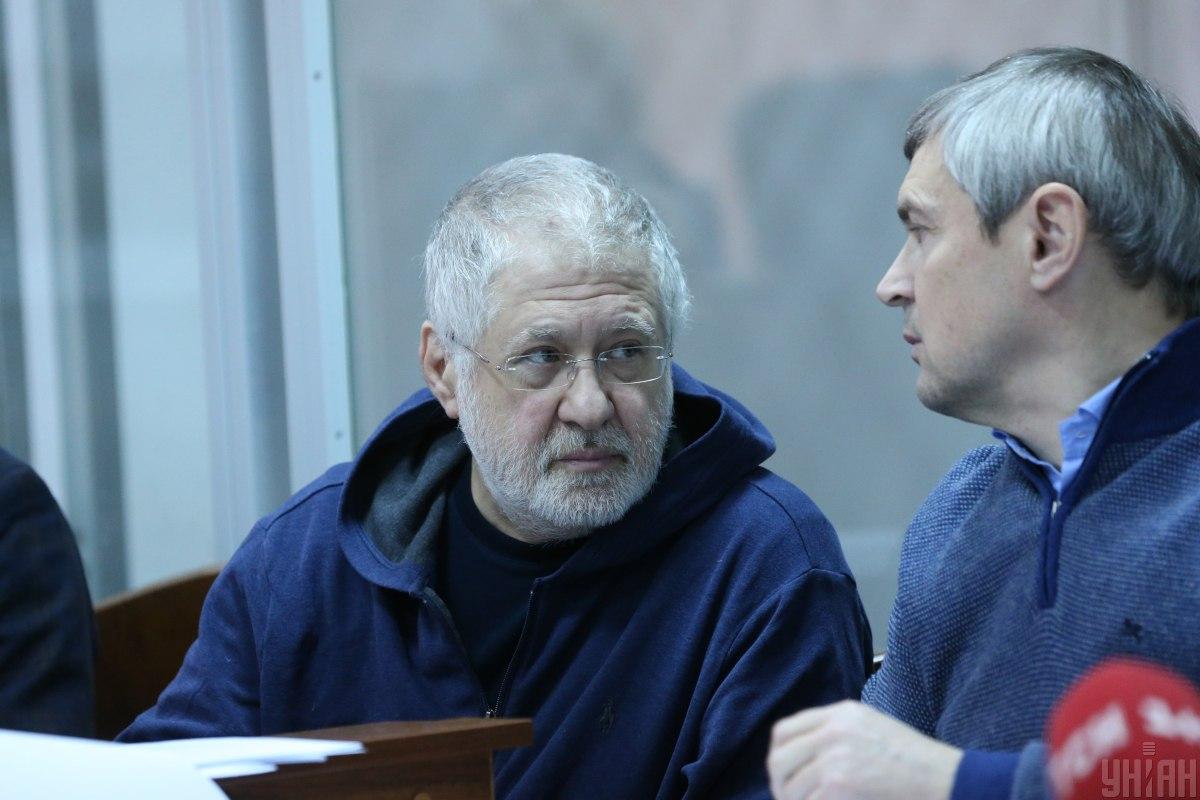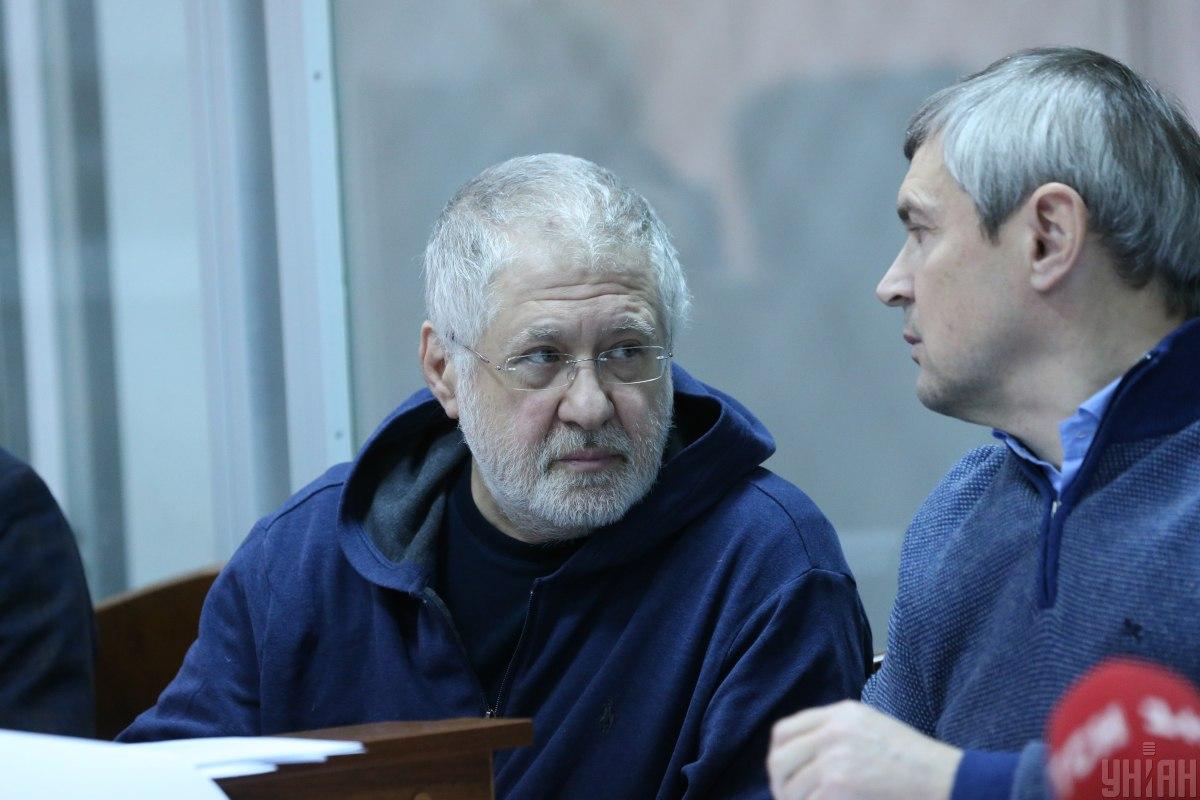“Igor Kolomoisky’s lawyer informed about the details.”, — write: www.unian.ua
Igor Kolomoisky’s lawyer informed about the details.
 Ihor Kolomoisky / photo UNIAN, Viktor KovalchukAs Ihor Kolomoiskyi’s lawyer Oleksandr Lysak reported,On 12/30/2024, the full text of the decision of the Commercial Court of Cassation as part of the Supreme Court dated 11/26/2024 in case No. 910/1834/19 was published in the Unified State Register of Court Decisions, in which Ihor Kolomoiskyi and TRIANTAL INVESTMENTS LTD contested the nationalization of PrivatBank.
Ihor Kolomoisky / photo UNIAN, Viktor KovalchukAs Ihor Kolomoiskyi’s lawyer Oleksandr Lysak reported,On 12/30/2024, the full text of the decision of the Commercial Court of Cassation as part of the Supreme Court dated 11/26/2024 in case No. 910/1834/19 was published in the Unified State Register of Court Decisions, in which Ihor Kolomoiskyi and TRIANTAL INVESTMENTS LTD contested the nationalization of PrivatBank.In its decision, the Supreme Court agreed with the conclusions of the courts of the first and appellate instances regarding the closure of the proceedings in the case, in which the lawsuits filed in early 2019 by Igor Kolomoiskyi and the company TRIANTAL INVESTMENTS LTD regarding the return to ownership of the last illegally seized shares of “PrivatBank” were considered.
Such closure of the proceedings is justified by the court by the provisions of the legislation of Ukraine, which, firstly, were adopted as early as May 2020 (i.e. one and a half years after Ihor Kolomoiskyi and TRIANTAL INVESTMENTS LTD filed a lawsuit with the court) and, secondly, which are unconstitutional , explains Lysak.
Thus, the courts applied the so-called “anti-Kolomoi law” (Law of Ukraine “On Amendments to Certain Legislative Acts of Ukraine Regarding the Improvement of the Mechanisms of Regulation of Banking Activity” dated May 13, 2020 No. 590-IX), which amended the Economic Procedural Code of Ukraine ( in particular, to Parts 3 and 4 of Article 5 of the Code of Civil Procedure of Ukraine), as well as new norms were established (Subparagraph 1 of Clause 5 of Section I of Law No. 590-IX and Clause 7 of Chapter II “Final and Transitional Provisions” of Law No. 590-IX), depriving persons who were bank participants of the right to judicial protection of their violated rights and interests as a result of the withdrawal of an insolvent bank from the market.
The lawyer reported that in order to protect his violated rights and interests, Ihor Kolomoiskyi will appeal to the Constitutional Court of Ukraine with a constitutional complaint about the recognition of unconstitutional provisions of the law applied by the court, as well as with a complaint to the European Court of Human Rights, because the courts grossly violated Article 6 of the Convention on protection of human rights and fundamental freedoms (right to a fair trial).
